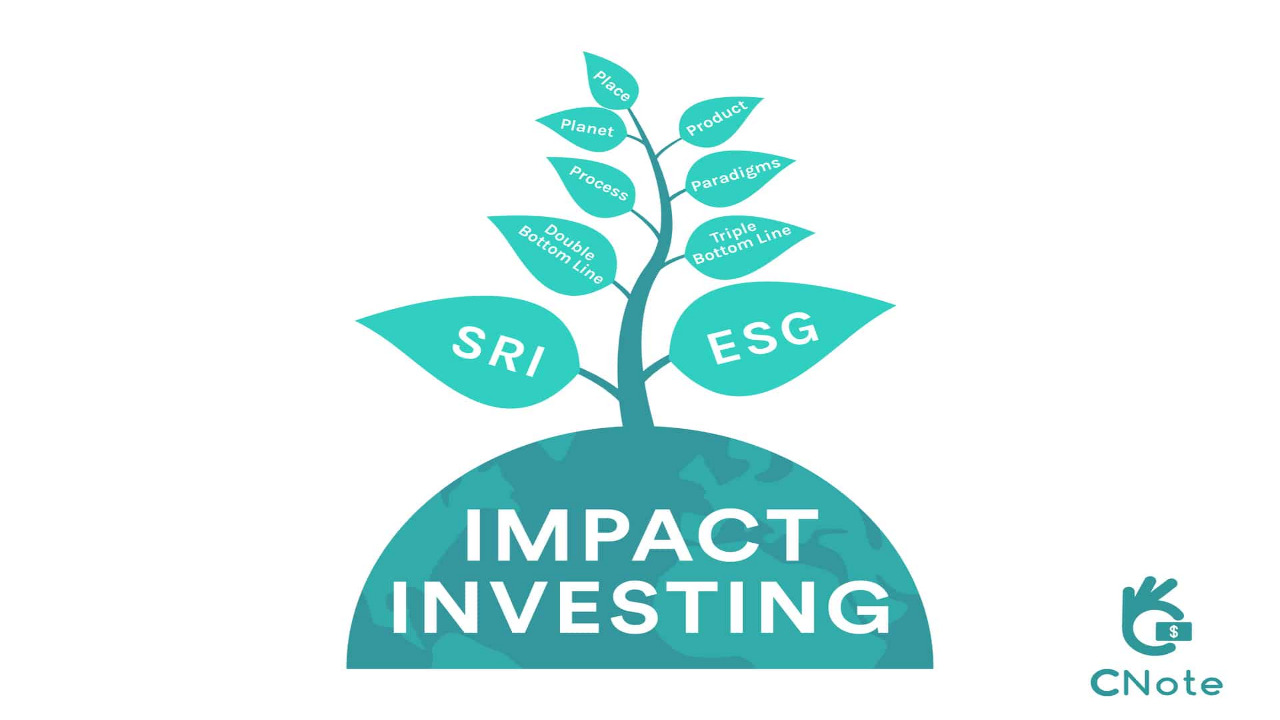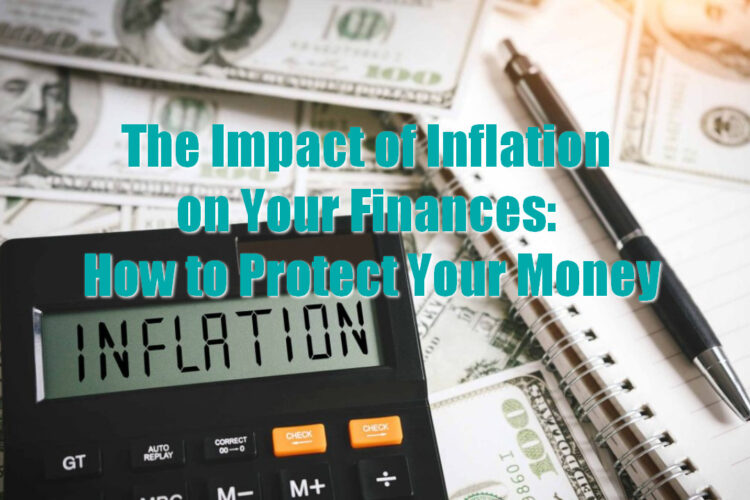Inflation is the gradual increase in prices of goods and services over time, leading to a decrease in the purchasing power of money. It can have a significant impact on your finances, eroding the value of your savings and investments. However, by understanding inflation and taking appropriate measures, you can protect your money and mitigate its effects. This article explores the impact of inflation on your finances and provides valuable strategies to safeguard your wealth.
Understanding Inflation

Inflation erodes the value of money by reducing its purchasing power. When prices rise, the same amount of money buys fewer goods and services. For example, if the inflation rate is 3% per year, an item that costs $100 today will cost $103 a year from now. Over time, this can lead to a substantial decrease in the value of your savings. Additionally, try turning to a w2 creator from PayStubCreator to manage your financial information effectively.
Impact on Savings
Inflation negatively affects your savings because the interest rates on most traditional savings accounts and bonds often fail to keep pace with inflation. If your savings are earning an interest rate of 1% while inflation is at 3%, you are effectively losing 2% of purchasing power each year. This means that your savings may not be sufficient to meet your future financial goals.
Impact on Investments

Inflation also impacts investments. While certain assets, such as real estate and stocks, may appreciate in value over time, inflation can diminish the real return on your investments. For instance, if your stock portfolio earns a 6% return but inflation is at 4%, the actual purchasing power gain is only 2%. It is essential to consider the effects of inflation when evaluating investment options.
Protecting Your Money
Despite the negative impact of inflation, there are several strategies you can employ to protect your money and maintain its value over time.
Diversify Your Investments: Diversification is key to minimizing risk. Spread your investments across different asset classes, such as stocks, bonds, real estate, and commodities. By diversifying, you can potentially offset the impact of inflation on any single investment.
Invest in Inflation-Indexed Securities: Consider investing in inflation-indexed securities, such as Treasury Inflation-Protected Securities (TIPS). These bonds adjust their principal value based on changes in the consumer price index, providing a hedge against inflation.
Invest in Real Assets: Real assets, such as real estate and commodities, tend to appreciate inflation. Owning tangible assets can help preserve the value of your wealth. However, it is crucial to carefully research and evaluate these investments before committing your money.
Increase Equity Exposure: Historically, stocks have outperformed inflation over the long term. Investing in a diversified portfolio of stocks can potentially provide better returns that outpace inflation. However, it is important to assess your risk tolerance and invest based on your financial goals.
Inflation can have a significant impact on your finances by eroding the value of your savings and investments. However, by understanding the effects of inflation and implementing appropriate strategies, you can protect your money and preserve its purchasing power over time. Diversification, investing in inflation-protected securities, real assets, and equities, and reviewing your financial plan regularly are essential steps to safeguard your wealth against inflation’s detrimental effects.
